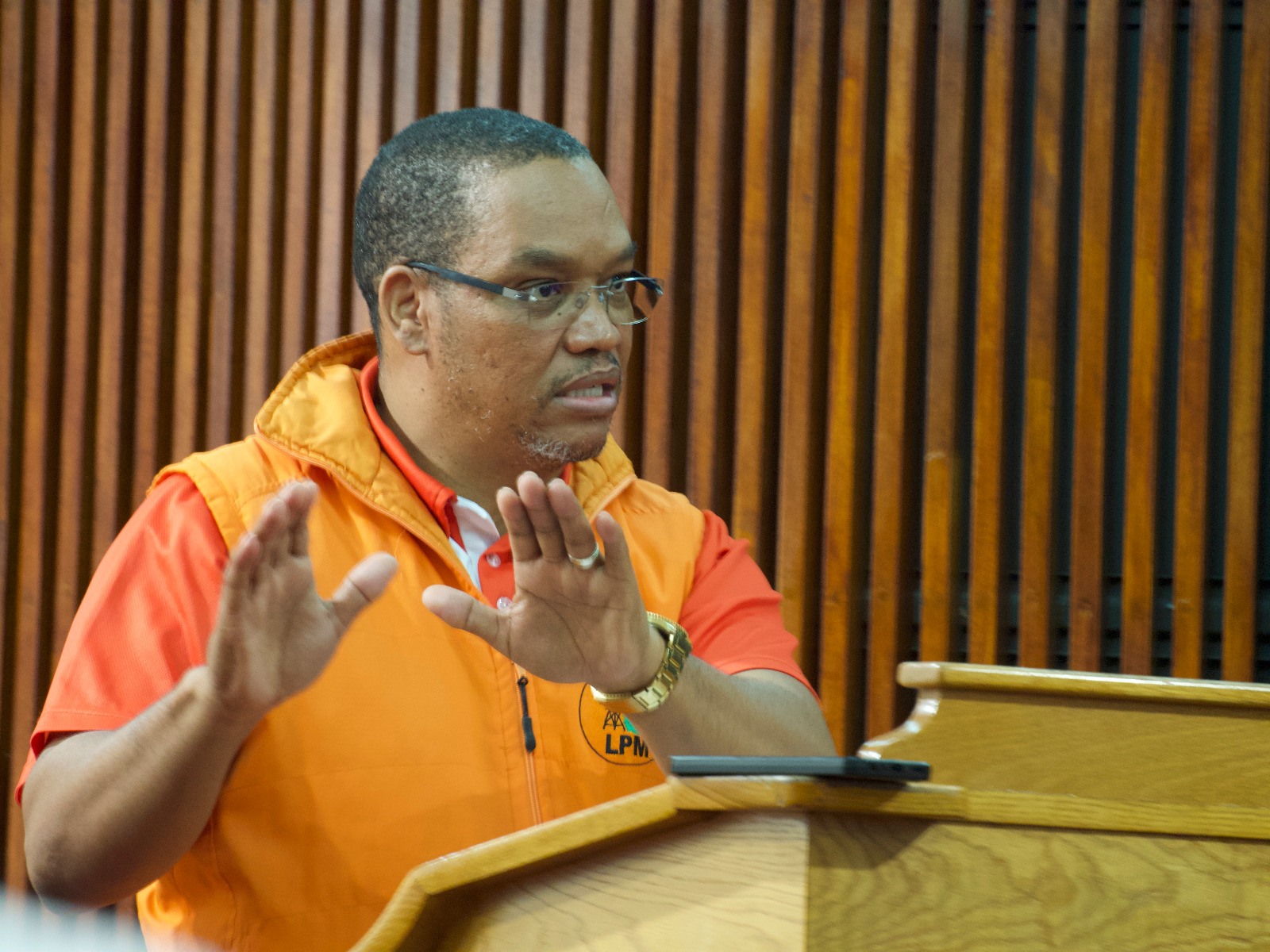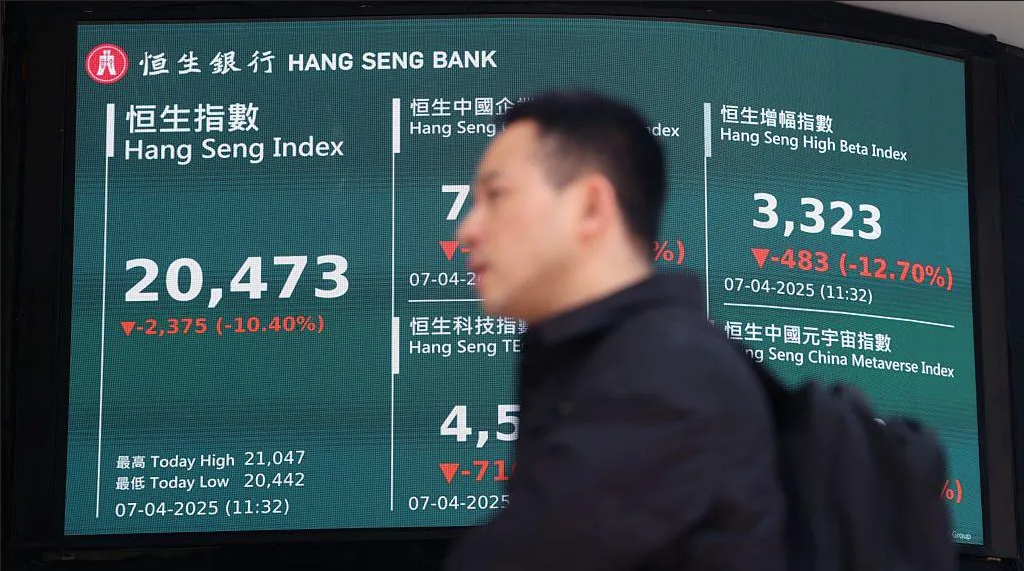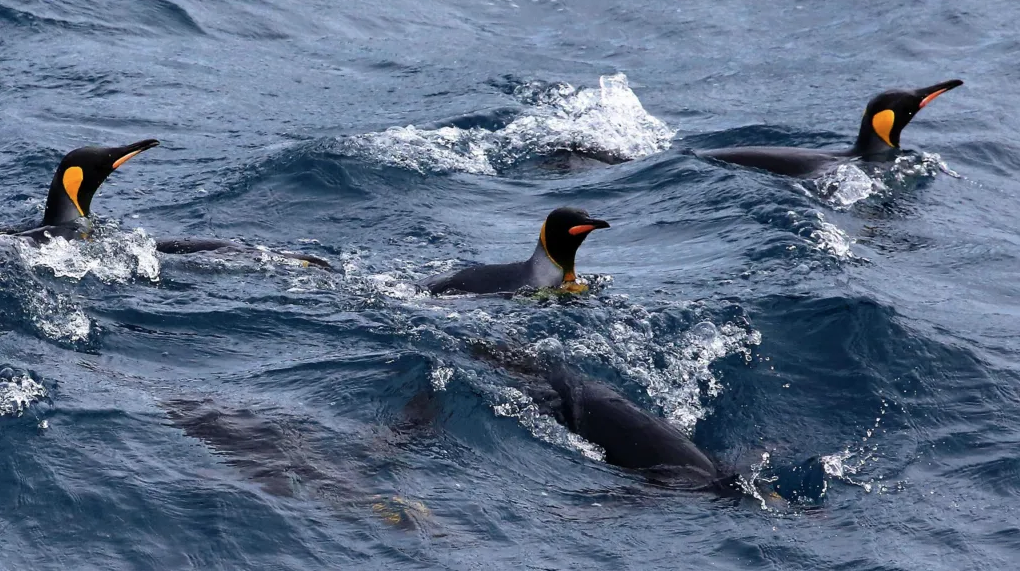YOKOHAMA – Japan, keen to catch up with rivals China and India in accessing Africa’s rich mineral resources, said on Friday that Africa has become an important partner and vowed to push the continent’s development concerns at a leaders’ summit of G8 rich nations it will host in July.
“There would be no stability and prosperity in the 21st century unless Africa’s problems are solved,” Japanese Prime Minister Yasuo Fukuda told a news conference ending the three-day Tokyo International Conference on African Development (TICAD) in Yokohama, near Tokyo. “Africa has become an important partner for us politically and economically,” he said.Tokyo has lagged some emerging economies such as China in accessing Africa’s raw materials.Japan’s trade with Africa is a meagre two per cent of its overall trade.Asked if Japan’s interests in Africa were based on its geopolitical strategy given rising competition from China, Fukuda said that when the TICAD process started 15 years ago the international community paid little attention to Africa.”Our country has been providing technical assistance that only Japan can provide.We want to build a long-term relationship with Africa,” he said.During the five-yearly conference, which focused on the need for better road networks, ports and electricity systems, Japan vowed to double its aid to Africa by 2012 and offer up to US$4 billion in soft loans to help improve infrastructure.ROME AND HOKKAIDO The global food crisis and its impact on the poor were also in the limelight, with participants calling for a global response and immediate humanitarian aid as well as long-term strategies to foster Africa’s agriculture sector.”Many African countries as well as Japan and other development partners emphasised the importance of tackling the acute problem caused by recent sharp increases in food prices and its adverse effects on poverty,” the chair’s summary statement said on Friday.”The conference also noted that biofuel production should be compatible with food security,” it said.Fukuda pledged to tell his counterparts of Africa’s concerns at next week’s world food summit in Rome and the Group of Eight (G8) summit, which Japan will chair in the northern island of Hokkaido on July 7-9 – a move welcomed by African leaders.”I will make sure what I heard from African leaders about many challenges including soaring food prices will be reflected in discussions at the Rome meeting and the G8 Hokkaido summit,” Fukuda said.Japan used the meeting to win support for its long-standing bid for a permanent seat on the UN Security Council – a topic that Fukuda repeatedly mentioned in bilateral meetings with some 40 African leaders on the sidelines of the conference.Many of the African leaders voiced general support for the idea, though each meeting was for only 15 minutes and was to discuss bilateral issues without going into specifics.monitor implementation TICAD, which brought together delegates from 51 African countries, 74 international and regional organisations, and activists such as Irish rock star Bono, produced a Yokohama Action Plan listing more than 100 specific five-year plans from Japan, other donors and some Asian countries.It also set up a “TICAD Follow-up Mechanism” to monitor implementation of promised steps.”The beauty of this TICAD is the follow-up mechanism.We did not have this in past TICADs.It is very reassuring indeed, because after meetings like this, the biggest challenge is the implementation,” Tanzanian President Jakaya Kikwete, who chairs the African Union, told the news conference.Themes focused on at the conference were how to boost Africa’s economic growth, address climate change and achieve the globally promised Millennium Development Goals (MDGs), which includes halving world poverty by 2015.Jeffrey Sachs, a professor at New York’s Columbia University and development campaigner, said the meeting was successful but it was important to make sure promises were kept.”I think a lot can be done now building on TICAD for the G8 summit,” Sachs told Reuters.Nampa-Reuters”Africa has become an important partner for us politically and economically,” he said.Tokyo has lagged some emerging economies such as China in accessing Africa’s raw materials.Japan’s trade with Africa is a meagre two per cent of its overall trade.Asked if Japan’s interests in Africa were based on its geopolitical strategy given rising competition from China, Fukuda said that when the TICAD process started 15 years ago the international community paid little attention to Africa.”Our country has been providing technical assistance that only Japan can provide.We want to build a long-term relationship with Africa,” he said.During the five-yearly conference, which focused on the need for better road networks, ports and electricity systems, Japan vowed to double its aid to Africa by 2012 and offer up to US$4 billion in soft loans to help improve infrastructure.ROME AND HOKKAIDO The global food crisis and its impact on the poor were also in the limelight, with participants calling for a global response and immediate humanitarian aid as well as long-term strategies to foster Africa’s agriculture sector.”Many African countries as well as Japan and other development partners emphasised the importance of tackling the acute problem caused by recent sharp increases in food prices and its adverse effects on poverty,” the chair’s summary statement said on Friday.”The conference also noted that biofuel production should be compatible with food security,” it said.Fukuda pledged to tell his counterparts of Africa’s concerns at next week’s world food summit in Rome and the Group of Eight (G8) summit, which Japan will chair in the northern island of Hokkaido on July 7-9 – a move welcomed by African leaders.”I will make sure what I heard from African leaders about many challenges including soaring food prices will be reflected in discussions at the Rome meeting and the G8 Hokkaido summit,” Fukuda said.Japan used the meeting to win support for its long-standing bid for a permanent seat on the UN Security Council – a topic that Fukuda repeatedly mentioned in bilateral meetings with some 40 African leaders on the sidelines of the conference.Many of the African leaders voiced general support for the idea, though each meeting was for only 15 minutes and was to discuss bilateral issues without going into specifics.monitor implementation TICAD, which brought together delegates from 51 African countries, 74 international and regional organisations, and activists such as Irish rock star Bono, produced a Yokohama Action Plan listing more than 100 specific five-year plans from Japan, other donors and some Asian countries.It also set up a “TICAD Follow-up Mechanism” to monitor implementation of promised steps.”The beauty of this TICAD is the follow-up mechanism.We did not have this in past TICADs.It is very reassuring indeed, because after meetings like this, the biggest challenge is the implementation,” Tanzanian President Jakaya Kikwete, who chairs the African Union, told the news conference.Themes focused on at the conference were how to boost Africa’s economic growth, address climate change and achieve the globally promised Millennium Development Goals (MDGs), which includes halving world poverty by 2015.Jeffrey Sachs, a professor at New York’s Columbia University and development campaigner, said the meeting was successful but it was important to make sure promises were kept.”I think a lot can be done now building on TICAD for the G8 summit,” Sachs told Reuters.Nampa-Reuters
Stay informed with The Namibian – your source for credible journalism. Get in-depth reporting and opinions for
only N$85 a month. Invest in journalism, invest in democracy –
Subscribe Now!










